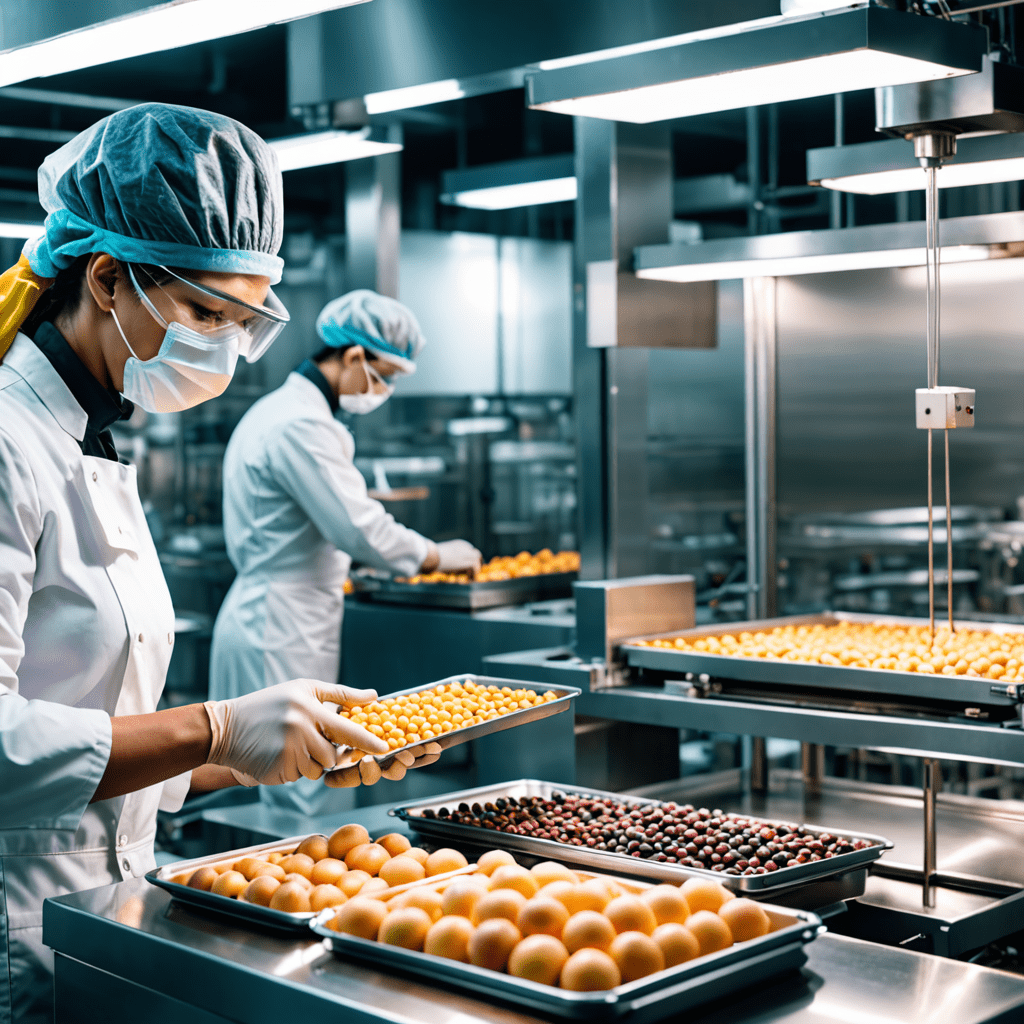
Nanotechnology in Food Production: Improving Safety Standards
The Role of Nanotechnology in Food Industry
Nanotechnology, the manipulation of matter at the nanoscale, is revolutionizing the food industry. By utilizing nanomaterials, food producers can enhance food quality, safety, and shelf life.
Benefits of Nano-Enabled Food Production
Nano-enabled packaging can prevent contamination, while nanosensors can detect harmful pathogens in real-time. These advancements lead to safer food products for consumers.
Challenges and Regulation in Nano-Food Production
Despite the advantages, there are concerns about the potential health and environmental risks of nanomaterials in food. Strict regulations and testing protocols are essential to ensure consumer safety.
Enhancing Food Safety with Nanotechnology
Nanoparticles can be used to eliminate bacteria and toxins in food products. This targeted approach reduces the need for chemical additives, making food safer and healthier for consumption.
The Future of Nanotechnology in Food Safety
As technology advances, nanotechnology holds immense potential in improving food safety standards. Continued research and collaboration are key to unlocking the full benefits of nanotechnology in food production.
Conclusion
Incorporating nanotechnology in food production enhances safety standards and quality control. With careful regulation and responsible implementation, nanotechnology offers a promising solution to ensure safer food for consumers globally.
Frequently Asked Questions About Nanotechnology in Food Production
What is nanotechnology in food production?
Nanotechnology in food production involves the use of nanomaterials and techniques at a molecular level to enhance food quality, safety, and shelf life.
How does nanotechnology improve safety standards in food production?
Nanotechnology helps in detecting contaminants, enhancing food packaging to prevent spoilage, and improving nutrition by fortifying foods with essential nutrients.
Is nanotechnology safe for food consumption?
Extensive research is conducted to ensure the safety of nanotechnology in food. Regulatory bodies evaluate the potential risks and benefits before approving any nanotechnology applications in food production.
What are some examples of nanotechnology applications in food production?
Examples include nanoencapsulation for targeted nutrient delivery, nanosensors for detecting pathogens, and nanocoatings on packaging to prevent microbial growth.
How can consumers benefit from nanotechnology in food production?
Consumers can benefit from safer and longer-lasting food products, increased nutrient bioavailability, and improved food quality through the use of nanotechnology in food production.


